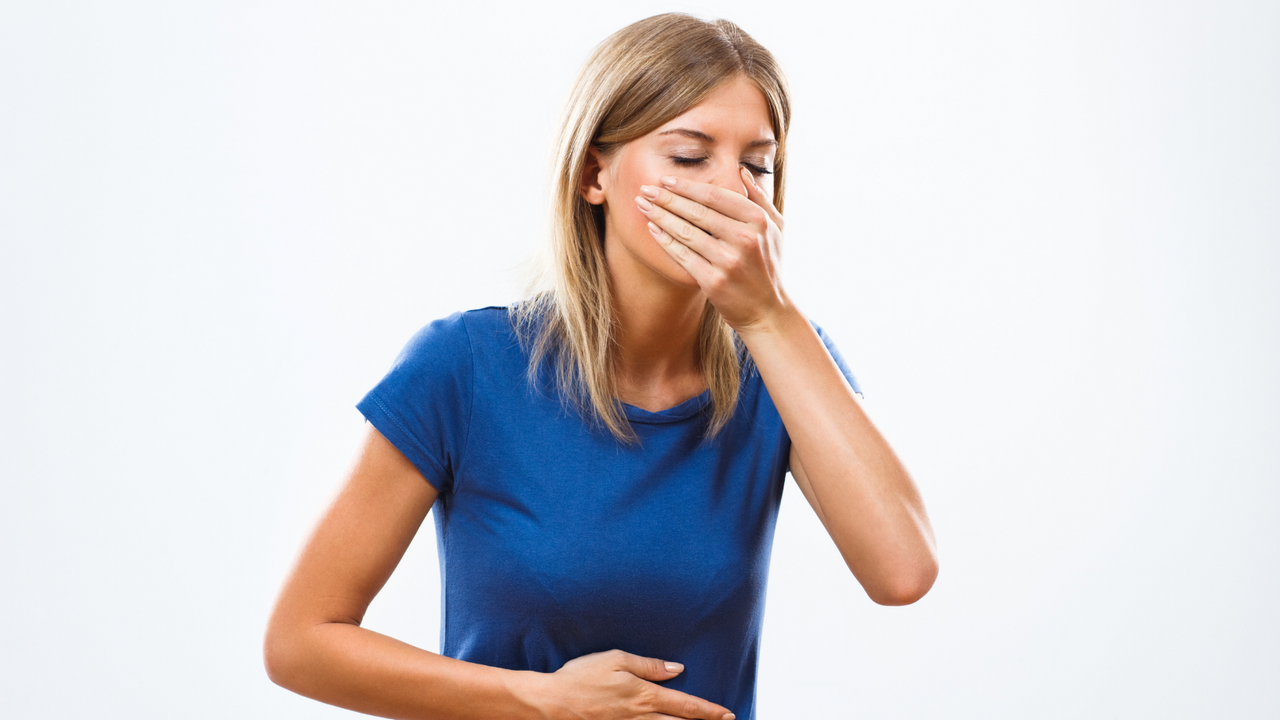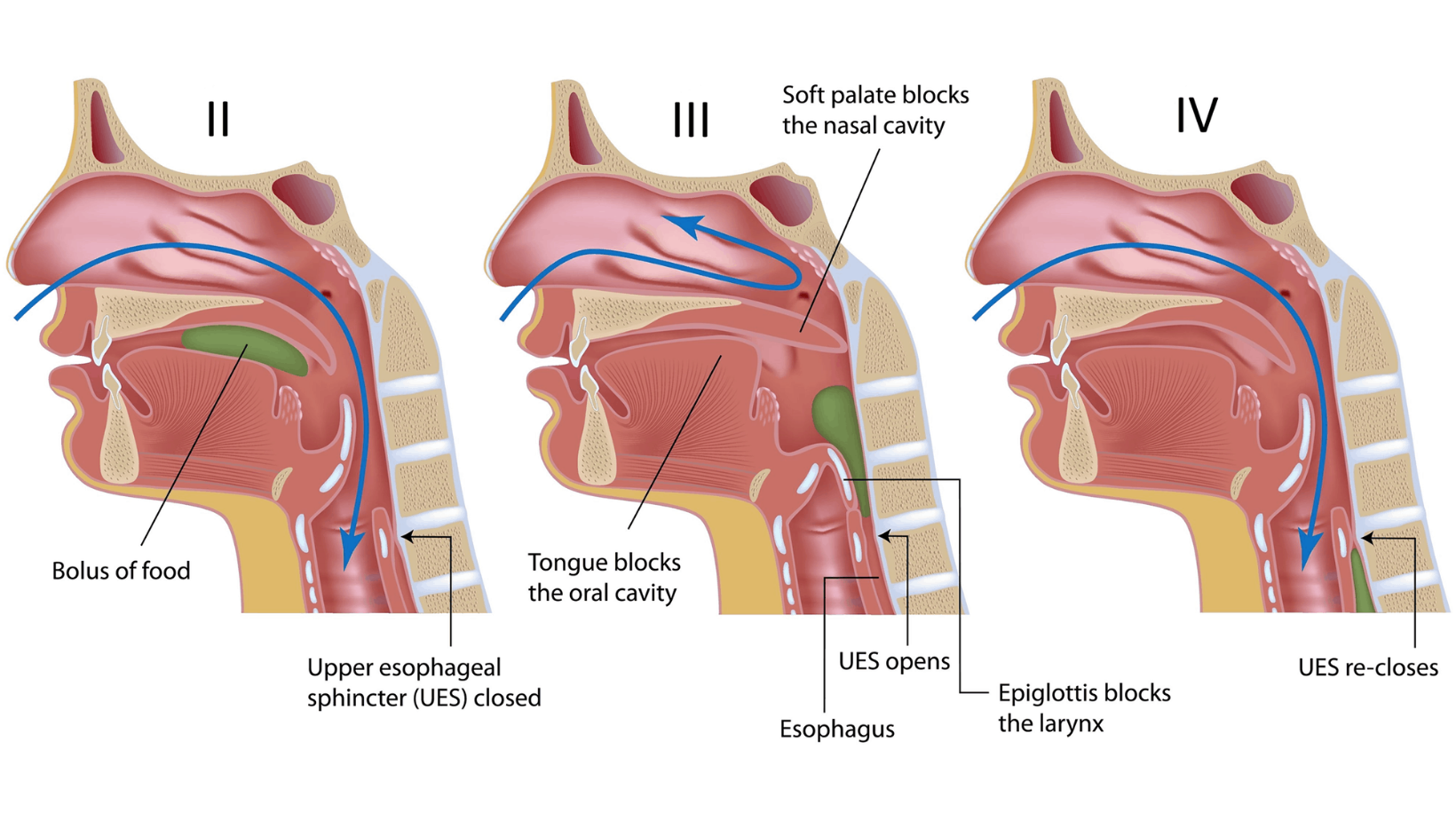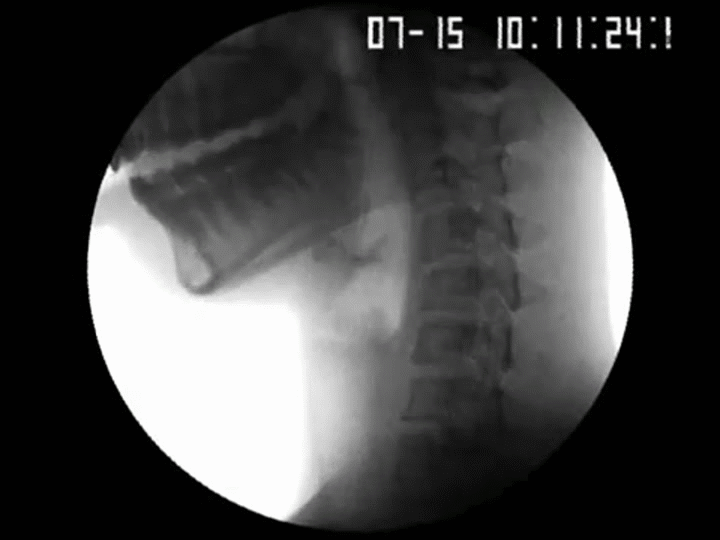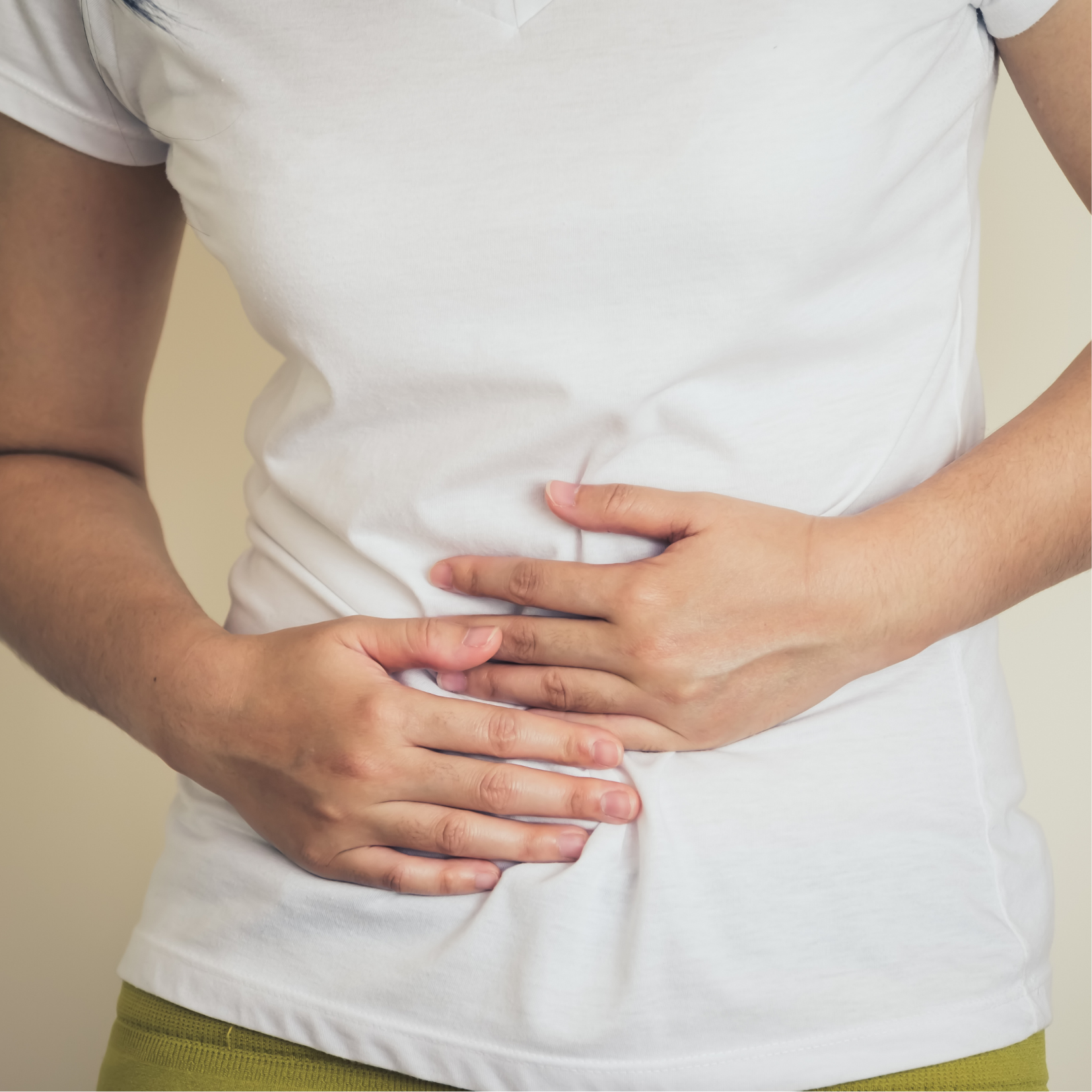Cough and Eating
Jan 10, 2022
If you are experiencing a cough every time you eat or for a long time around eating, listen up because the cause can be shocking.
 To understand the relationship between coughing and eating, one must first understand the swallowing mechanism. When you ingest good into your mouth (oropharynx), you instead chew your food, termed mastication. Next, through a complex set of conscious and unconscious signals from your brain to your mouth and the top part of your food pipe (esophagus), your food enters the digestive tract.
To understand the relationship between coughing and eating, one must first understand the swallowing mechanism. When you ingest good into your mouth (oropharynx), you instead chew your food, termed mastication. Next, through a complex set of conscious and unconscious signals from your brain to your mouth and the top part of your food pipe (esophagus), your food enters the digestive tract.
The most crucial step to treating this phenomenon is mindful eating. Mom and Dad were right. Chew your food 30 times.
Mindful eating not only allows you to digest and transfer food properly but enjoy the taste of it as well as the company you may be keeping for that meal.
Many things can go wrong during this seemingly easy transition from point A (your mouth) to B (your esophagus). Firstly, issues with chewing or the breakdown of food through dental problems can undoubtedly lead to coughing as partially digested foods can go into the “wrong pipe” (lungs). Issues with the initial brain signaling can also occur, usually due to underlying muscle weakness like muscular dystrophy, myositis, deconditioning, or neurologic problems like stroke, Parkinson’s disease, brain cancers.
 These conditions can best be diagnosed with an X-ray video swallowing study.
These conditions can best be diagnosed with an X-ray video swallowing study.
Swallowing therapists perform this test and treat these conditions by strengthening the swallowing mechanism and/or thickening foods to ease movement.
However, if your food somehow survives the journey from your mouth and makes it into your esophagus, still triggering a cough, issues within my area, the GI tract may be to blame, such as a blockage in the esophagus.
 Blockages in the esophagus can occur from non-cancerous causes like GERD or reflux, webs, rings, or strictures, but they can also be more concerning. Such esophagus issues can also be from allergic conditions of the esophagus, like eosinophilic esophagitis. This condition affects young people and often comes with a cough due to seasonal allergies and asthma.
Blockages in the esophagus can occur from non-cancerous causes like GERD or reflux, webs, rings, or strictures, but they can also be more concerning. Such esophagus issues can also be from allergic conditions of the esophagus, like eosinophilic esophagitis. This condition affects young people and often comes with a cough due to seasonal allergies and asthma.
Other blockages can occur from a pocket in the upper esophagus called a Zenker’s diverticulum. This condition can lead to people coughing up undigested food and chronic cough issues.
The most potentially concerning cough-associated food ingestion issues occur with esophagus cancer, often associated with smokers. These people can have problems with keeping down solids and liquids and therefore induce coughing immediately with eating.
Tell-tale symptoms that travel with these scarier conditions include weight loss, blood in the cough or stool, and pain. Should you have any of these symptoms associated with your cough from eating, see a doctor! The best way to diagnose these conditions is with a flexible endoscope, which can also stretch these narrowing or repair the diverticulum without a single incision on the outside of the body.
On the other side of the spectrum from cancer, atypical GERD can cause symptoms of cough, asthma, dental issues at any point before, after, or during meals.
Should atypical GERD be in question, the best test is a wireless capsule that can implant in the esophagus for 48 hours.
This measures acid reflux and the patient can indicate when they are having symptoms of cough with acid exposure.
 Using complex calculations, the doctor can then determine if that cough associated with eating is from acid or even non-acid reflux.
Using complex calculations, the doctor can then determine if that cough associated with eating is from acid or even non-acid reflux.
The traditional treatment is acid-blocking medications such as omeprazole, esomeprazole, lansoprazole. However, there are many things that you can do I the comfort of your own home to combat reflux.
Losing belly fat is the most potent acid combating treatment. Along the same lines, eating a low diet in saturated and trans fats, alcohol, and processed foods can certainly ease your acid-blocking potential. Meal timing is essential as well, by separating your last meal from bedtime by 4 hours minimum.
I also believe giving your gut a break daily with time-restricted eating can also assist with reflux symptoms, both by improving belly fat and easing acid production.
Along the same lines, abdominal and core strengthening exercises can improve your diaphragm, central to your acid anti-reflux valve in your stomach.
Stress relief through mindfulness and meditation also will reduce the production of gut hormones that produce acid.
If supplements suit you, then mastic gum, marshmallow root tea, ginger, licorice, and slippery elm can coat your esophagus and block acid production, thus also easing cough. In addition, Aloe vera juice, alkaline water, apple cider vinegar, and other such supplements can work in certain people. Just note that the scientific evidence is still evolving.
A cough with eating can range from food going down the wrong pipe to more severe neurologic, muscular, and esophageal issues, including cancer. A detailed description of your symptoms to your friendly GI doc can be helpful, along with an objective work-up. Both traditional medicines, as well as a multifaceted functional medicine approach, can help to ease your meal-related cough.






